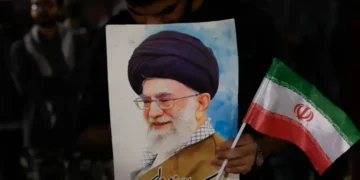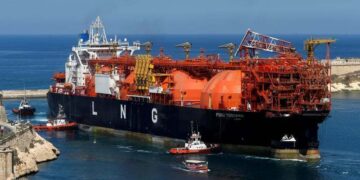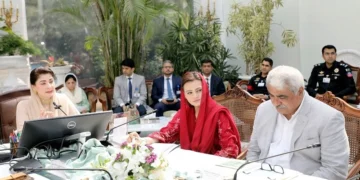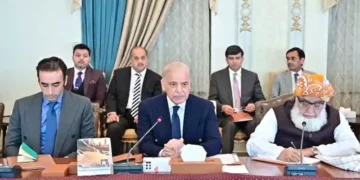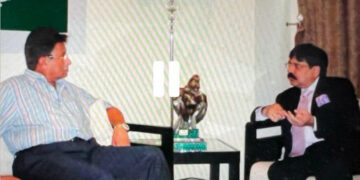Lahorer : Pakistan’s leading higher education institution, LUMS, organised a seminar on ‘Advancing Pakistan’s Power Sector through Strategic Investments and Digitisation’, featuring renowned energy experts, researchers, and academics. The seminar explored the transformative potential of strategic investments in confronting the challenges to Pakistan’s power sector, such as power shortages, distribution inefficiencies, and outdated infrastructure.
The seminar was organised by the LUMS Energy Institute (LEI), and experts explored solution-driven strategies and opportunities for innovation to overcome the energy sector’s challenges. The panellists called for confidence-building measures to encourage local and international investment in the sector through investment-friendly and consistent policies for long-term and sustainable impact.
Experts included Professor, Werner-Von-Siemens Chair, and Director, LEI, Dr. Fiaz Ahmad Chaudhry; Associate Professor and Co-Founder, LEI, Dr. Naveed Arshad; Advisor to CEO, K-Electric, Mr. Amer Zia; Project Director, National Incubation Centre Lahore, Mr. Nauman Ahmad Zaffar; Head, Computer Science Department, LUMS, Dr. Basit Shafiq; Chief Marketing and Communications Officer, K-Electric, Ms. Sadia Dada, and Chief Technology Officer Power Information Technology Company (PITC), Mr. Kashif Shehzad.
During the panel discussion, Ms. Dada detailed K-Electric’s upcoming investment plan of PKR 484 billion for the next seven years. The plan aims to add 2,172 MW to its generation capacity, including 1,182 MW of renewables. She highlighted the organisation’s commitment to innovation in its distribution segment through the introduction of Advanced Distribution Management System, Mobile Workforce Management, Geographical Information Systems (GIS), and Advance Analytics and Artificial Intelligence. She expressed that these advancements would lead to an improved customer experience through faster issue resolution, fewer interruptions, and enhanced capacity.
Dr. Chaudhry addressed the need for building more energy-efficient and sustainable buildings to reduce the 20,000 MW of demand currently used for cooling. “The investment required to provide the cooling load of Pakistan in the summers is not sustainable and contributes significantly to the circular debt of Pakistan,” he said.
Dr. Arshad further emphasised the importance of investing in the energy sector, “We need to invest in our future by allocating more funding towards meeting climate goals. The USD 830 billion spent in 2021 is not enough to make a meaningful impact. Clean technology is a solution, and it can provide jobs for our youth while mitigating climate change.”
Mr. Zia added that the impacts of digitisation and new technologies are often observed long-term and require support from the leadership. There is a dire need to invest in the future and be patient for the results, he explained. He also added that K-Electric is prioritising developing an automated decision-making process and focusing on decarbonisation through renewable energy sources.
Noting the importance of Artificial Intelligence (AI) in the energy sector, Director, Centre for Intelligent Systems and Networks Research, Dr. Gul Muhammad noted, “If we don’t have energy, we can’t get hold of AI. The best renewable energy is what you save without disturbing any quality of service.”
The seminar highlighted the vital role that the LUMS Energy Institute is playing to further solution-oriented discourse about Pakistan’s energy crisis.







